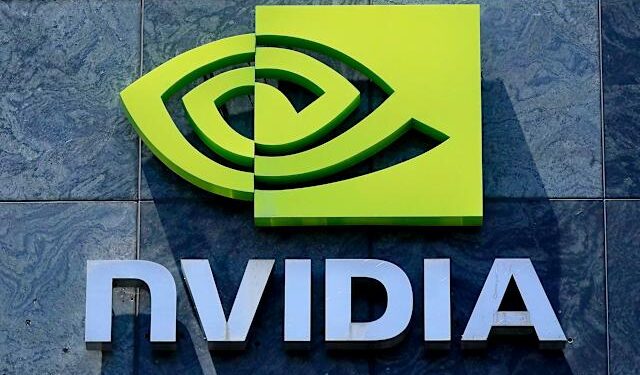China’s AI ambitions could hit a roadblock as H3C, one of the country’s top server manufacturers, raises alarms over a looming shortage of Nvidia’s H20 AI chips, the most advanced processors still legally available under U.S. export controls.
A client notice obtained by Reuters reveals that H3C’s inventory of H20 chips is nearly depleted, citing geopolitical tensions and supply chain disruptions as key factors. The company expects new shipments by mid-April, but beyond that, uncertainties persist, including raw material policy changes, shipping disruptions, and production challenges.
China’s AI Industry Faces Supply Crunch
As China’s leading tech giants, including Tencent, Alibaba, and ByteDance escalate their AI investments, the demand for H20 chips has surged, largely driven by companies integrating DeepSeek’s cost-effective AI models. However, the shortage could derail these efforts.
Industry insiders describe a fiercely competitive market where buyers are often promised chips, only to later discover that stock has already been sold at inflated prices.
One distributor noted,
“We were told the chips would be available, but when it came time to purchase them, we were informed they had already been sold at higher prices.”
H3C’s Response: Profit-First Distribution Strategy
H3C has adopted a profit-first approach, prioritizing long-term customers who place higher-margin orders. The company is one of Nvidia’s major OEM partners in China, alongside Inspur, Lenovo, and Huawei’s xFusion unit.
U.S. Export Controls Tighten AI Chip Supply
The H20 chip was launched after the latest round of U.S. export restrictions in October 2023, which banned Nvidia from selling its most advanced AI processors to China. Since 2022, Washington has sought to curb China’s access to high-performance chips over national security concerns.
Analysts estimate that Nvidia shipped around 1 million H20 units in 2024, generating over $12 billion in revenue. While domestic alternatives like Huawei and Cambricon exist, they have yet to match Nvidia’s dominance in AI computing.
With U.S. officials considering further restrictions on H20 chip sales, China’s AI sector may need to fast-track local chip development or face growing bottlenecks in its AI race.














